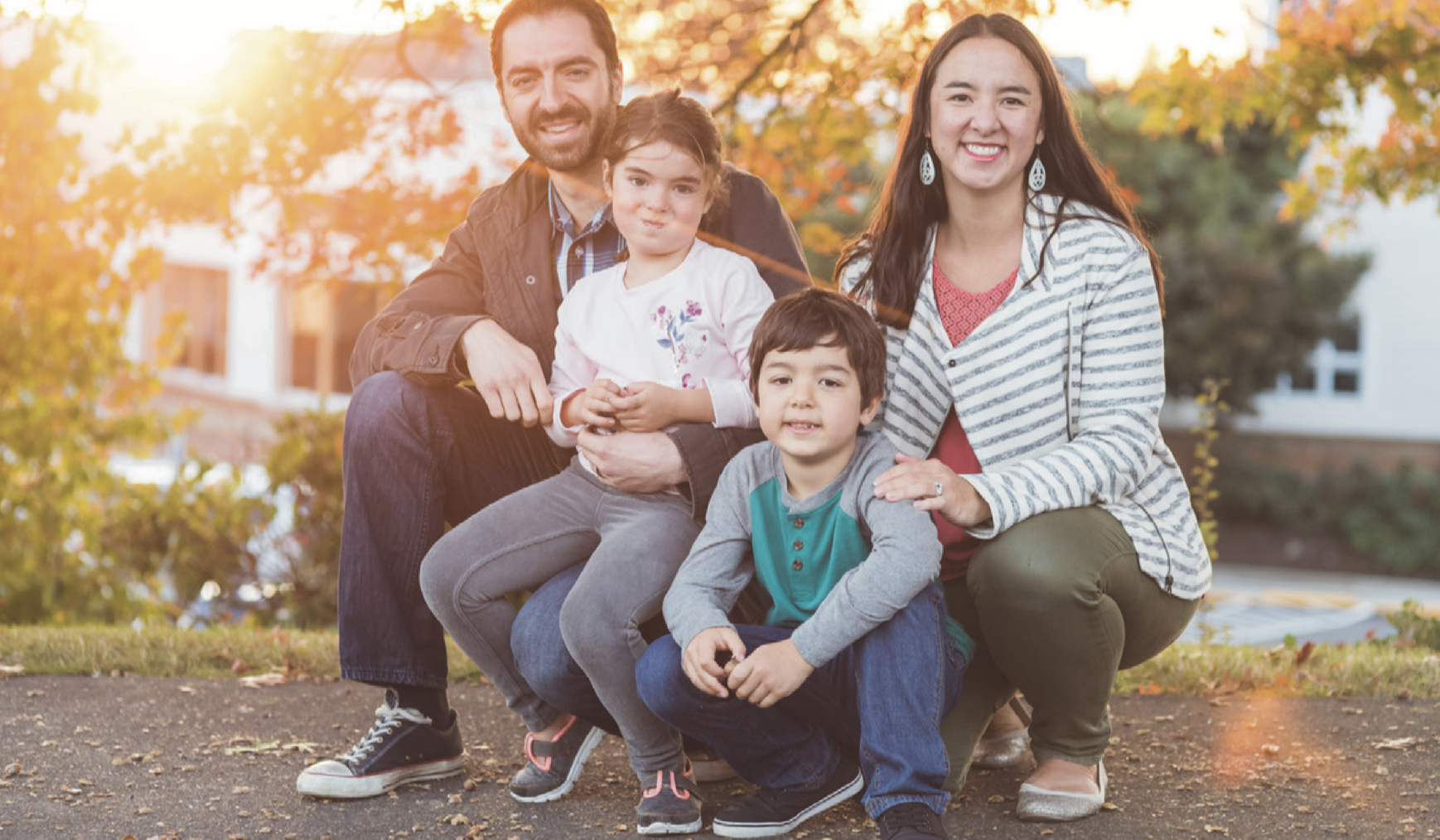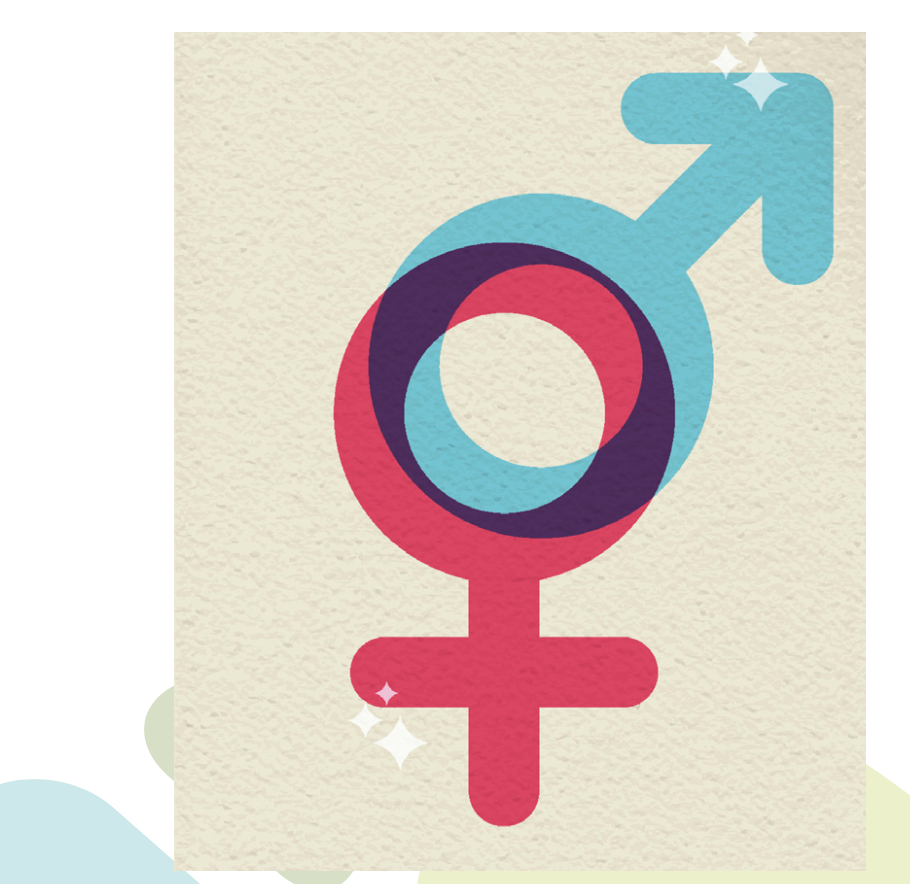January 11th is National Human Trafficking Awareness Day

January 11th is National Human Trafficking Awareness Day
January 11th is National Human Trafficking Awareness Day. National Human Trafficking Awareness Day is designated to bring awareness to the plague of Human Trafficking. According to the National Center for Missing and Exploited Children, nearly 25,000 runaways were reported in 2017. Of those, an estimated 1 in 7 were possible victims of child sex trafficking. This sobering statistic heightens the importance of being aware of the global problem of human trafficking.
Be Aware
As a busy parent, the possibility of having to deal with this issue is likely a low priority on your list of daily concerns. While the likelihood of your child becoming a victim is remote, it is important to be aware of the issue and look for signs of human trafficking in your community. The National Human Trafficking Hotline lists a number of “red flags” to look for in your community. These include:
Common Work and Living Conditions:
- Person is not free to leave or come and go as he/she wishes
- Person is in the commercial sex industry and has a “manager”
- They owe a large debt and is unable to pay it off
Poor Mental Health or Abnormal Behavior:
- Person appears fearful, anxious, depressed, submissive, tense, nervous or paranoid
- Person exhibits unusually fearful or anxious behavior after bringing up law enforcement
- They avoid eye contact
Poor Physical Health:
- Person doesn’t have medical care and/or is denied medical services by employer
- Person appears malnourished or shows signs of repeated exposure to harmful chemicals
- They show signs of physical and/or sexual abuse, physical restraint, confinement, or torture
Often, bizarre security measures inconsistent with the rest of the area exist in the work and/or living locations. Look for opaque or boarded-up windows, bars on windows, barbed wire, security cameras, etc..
How to Protect Your Children
Tell your child to always be aware of their surroundings, be wary of communicating with strangers, and always have their cell phones with them (and charged!) with family and emergency contacts programmed in. Helping your child develop and maintain good self-esteem and healthy relationships, you reduce the risk that he or she will be targeted by traffickers.
Nationwide Children’s Hospital offers some tips on their website including:
- Know what your kids are doing online. (check out our recent tips on online safety)
- Know who your kids are with and where they are hanging out. There are obvious situations, like being on the street late at night, but even places like the mall can be dangerous.
- Teach your children resiliency.
- Help your child build strong self-esteem from an early age.
- Maintain open communication with your child. Be someone the teens in your life can talk with.
Awareness and caution are key to recognizing, reducing, and preventing human and sex trafficking. If you have any questions or concerns about this topic visit the National Human Trafficking Hotline or the National Center for Missing and Exploited Children websites.




